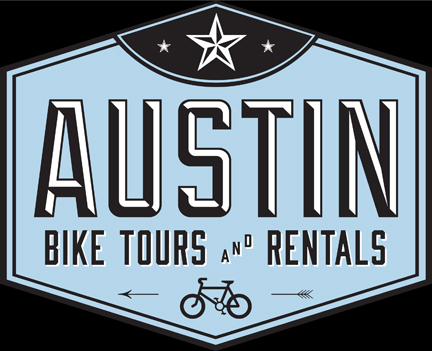In honor of National Bike Month, we’re going to start right at the beginning: childhood.
Do you remember your first bike? Three wheels or two? Who taught you how to ride? Let’s go back to that place of happiness for just a moment….ah, wasn’t that nice? Now imagine giving memories like that to the little one (or ones) in your life! Whether you’re wanting to introduce a sibling, a son or daughter, or a cousin or family friend to the awesomeness of cycling, it’s important to make sure you’re doing it the right way.
Getting the Right Bicycle
Our suggestion is to go to the experts to make sure you’re getting the right bike. In this case, size matters. Some children are small for their age, or visa versa, and it’s important to get a bike that they can ride comfortably and safely. You also need to make sure the bike is properly equipped with brakes and safety gear, such as lights for nighttime riding. Grab a helmet and knee/elbow pads while you’re at it!
SOME TIPS:
A bike that is the right size should have about 3 centimeters space between the crossbar of the frame and the rider when they are standing with both feet on the ground.
Handlebars should not be loose and they should have grips that cover the ends properly.
The seat should be flat and not move around. It shouldn't have any broken springs or tears in the material (that can definitely hurt.)
Wheels should have all their spokes, spin easily and have tires that are in good shape and are pumped up enough so that they feel hard.
The bike chain and gears should be cleaned and oiled so they can move easily.
Bicycle Upkeep
Get a small tool kit so that the bike can be maintained. If the child is too young to know how to basically maintain a bike, or to learn how, then you should take on that responsibility until the child is old enough to do so on their own. However, it’s never too early to start helping the child learn, even if you have to go through the motions right now. Repetition is key.
A FEW BASIC POINTS OF MAINTENANCE TO KNOW:
How to check the chain, wheels and horn (or bell)
How to pump up the tires
How to fix a puncture
How to oil the chain lightly
How to keep the bike clean
Where to keep a bike so that it doesn't get rusty
Bicycle Safety Tips
Remember that bikes are vehicles. Before you go on public roads, it’s important to know all the rules of the road, especially the ones that pertain to bike riders specifically. Get a copy of these rules and go over them carefully. Experts say that it is not a good idea for kids younger than 9 to ride bikes without an adult being with them.
SOME BASIC TIPS:
Wear bright colored clothing so you are noticeable to drivers and pedestrians alike
Keep your bike properly maintained
Learn the road rules in your area and follow them
Stick to bicycle lanes and paths whenever possible
Stay alert to what is happening around you
Take part in a Bike Education course
Buy a bike lock to help keep your bike safe when you aren’t riding it
Bicycle Education Resources
There are many online resources to help educate you on traffic laws and bicycle safety. Some include membership and some do not.



